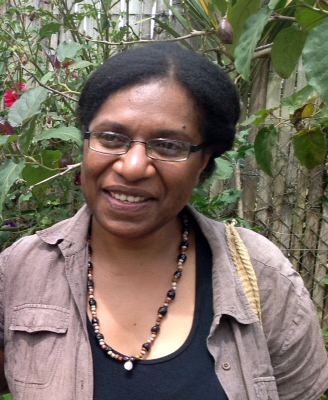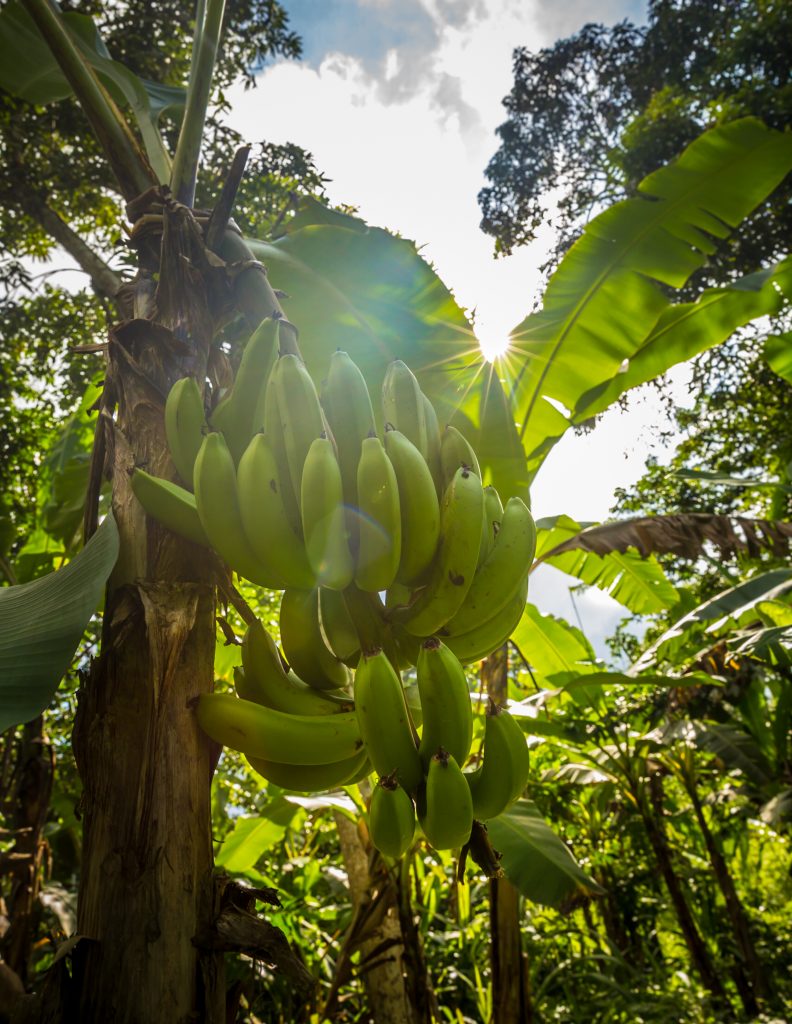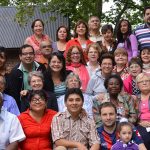
Editor’s Note: Emma Wakpi is MAI’s Area Coordinator in Papua New Guinea. She explains how the Minimbi people group had to see themselves through God’s story in order to claim ownership to their identity as an important and relevant people group.
When introducing the Community Health Evangelism program to a new community, the second lesson of a typical six-session series is called, “The Power of Story.” The community is encouraged to tell their traditional cultural stories with a view of seeing how these might intersect with God’s story for their community. As Acts 17:26-27 (NIV) states: “From one man he made all the nations, that they should inhabit the whole earth; and he marked out their appointed times in history and the boundaries of their lands. God did this so that they would seek Him and perhaps reach out for Him and find Him, though He is not far from any one of us.”
As Emma came to this session in her training with the Minimbi people group from the remote Western Highland in Papua New Guinea, they explained why they are known as the “people of stone.” They live in a very rugged stony place, called in derision the “back page” of the area. Also, their ancestor Minimbi was hatched from an egg placed on a stone. Therefore, they see themselves as “Stone People,” even placing their hand on a stone when they swear to the truth. (They say, “Touch stone; I’m telling the truth!”)
Emma asked them, “Who in the Bible is called a Rock?” “Jesus is,” they replied. The room was silent for a time, then their faces began to light up, as the analogy became apparent.
“Let’s read about others who are called stones in the Bible,” Emma continued. Turning to 1 Peter 2:4-5, they read that Christ, the living Stone, had been rejected like them, but was precious to God. Then they learned that they, “like living stones, are being built into a spiritual house to be a holy priesthood.”
The excitement in the room was building! “We are stones—living ones!” The room was buzzing with chatter now. “And we are children of the King, being built into a house for Him to occupy!” Their importance and significance to God was becoming obvious to all. “We are not worthless people, we are royal priests for God.”
Their faces began to light up…
“We are stones—living ones!”
“We really came from Jesus!” someone stated. “And when we touch a stone now, it is Christ the Rock that we are basing our truth upon.”
Soon someone else wanted to share another Minimbi story:
One day Minimbi was invited by the “people of the clouds” to go up and share a meal with them. So, he tried to climb a banana tree to get up to the clouds, but his ladder broke and he fell to the ground. The “people of the clouds” felt sorry for him and threw down a pig for him to cook.

When he started to cook it, his Stone neighbor smelled the smoke and came over to join him. They both ate only the vegetables and left the meat. After the meal Minimbi gave the meat to his neighbor and told him to cook it the next day.
That day a third Stone person came to eat with the second Stone, but again they ate only the vegetables, and the third Stone was given the meat to take home. This went on for nine days until finally the ninth Stone, named Mitiku, cooked the pig. Nobody came to eat with him, so he ate the pig.
Feeling very full and sluggish, Mitiku went to the stream for a drink. As he did so, healing properties went into the water from the meat he had eaten that came from the “people of the clouds.” From then on, they believed that the stream of water had healing properties for their cuts and wounds.
“How do you relate this story to God’s Story?” Emma asked the Minimbi.
Gradually, with her help, they pieced together their story with God’s story of the redemption of mankind, until a true “redemptive analogy” emerged.
a true “redemptive analogy” emerged
Minimbi, representing mankind, was created for fellowship with God. Trying to reach God in his own way, Minimbi fell. But God in His love—even at the time of man’s eviction from the Garden of Eden—gave the promise of the Way to God that was for all people. This promise was passed on from generation to generation until at the right time, God sent Jesus into the world of humanity. Jesus became the “river of life” for all mankind to find healing from their fallen state as they partake of Him.
The Minimbi people, once thinking of themselves as despised and worthless, now know they are so precious to God that He used their own culture to finally bring them to knowledge of His true intention for them as a people. They have dignity and a new desire to continue learning how they can fulfill God’s plan.
And could it be that God has embedded into every culture on earth keys like this to open their hearts to an understanding of Him and grasp the full ownership of who they are in Christ?





